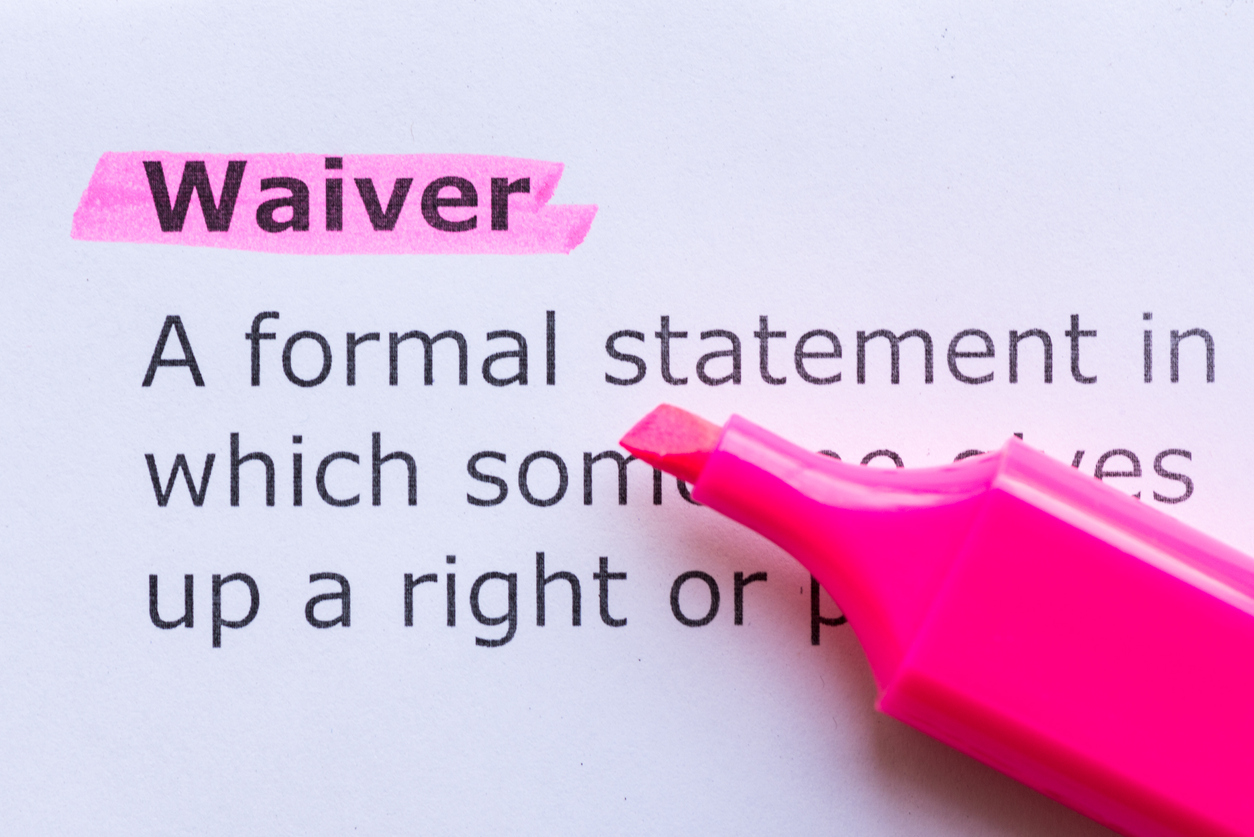In California, insurance carriers seeking to avoid allegations of committing bad faith, whether in litigation or not, will often ask insureds if they are willing to enter into “White waiver” agreements. The purpose of such an agreement is to allow an insurance carrier to make offers of settlement without fear of the amount of the settlement being used as evidence against the carrier for bad faith, if the perceived amount of the settlement offer is too low.
White waivers are based upon the case of White v. Western Title Insurance Company.1 In that case, the White family sued their insurance company for breach of contract and bad faith. At trial, the White family won after the trial court determined their insurance company acted in bad faith after they filed their lawsuit by only offering settlements of $3,000 and $5,000 for the loss of their land without offering the Whites a written appraisal to support those figures. After a jury found the value of the land to be $8,400, above the lowball offers, it also found the carrier acted in bad faith. Even after the insurance company appealed, the California Supreme Court held that the duty of good faith does not terminate when a lawsuit is filed. While such offers may be inadmissible to prove liability for breach of contract, they are admissible to prove breach of the covenant of good faith and fair dealing, or bad faith.
The White case acknowledges that insurance companies in California have an obligation to act in good faith through trial. Often insurance companies, who receive information often filtered by insurance defense attorneys, forget this obligation exists, denying reasonable settlement demands and delaying insureds reasonable requests for discovery as trial is often inevitable. Following the White case, insurance carriers began drafting written agreements where they would absolve themselves of liability for lowball offers by having insureds waiver rights for a certain amount of time.
When an insurance company approaches one of my clients with a White waiver, I inform my clients that that the insurance company will be making a settlement offer based on the information they have before them. Unfortunately, the trend of gamesmanship by some insurance defense attorneys to offer illusory White waivers, just to make low ball offers – or worse – offers to dismiss a case with prejudice for a waiver of costs, is growing. A troubling trend has seen defense attorneys for California based insurers, often billing by the hour, realize they can bill several hours for the drafting and negotiation of the waiver agreement but fail to inform their clients that a settlement would be in their best interests by saving the insurer on the costs of litigation when liability exists. Insureds then have no argument that the carriers lack of offer is in bad faith.
This trend also occurs prior to litigation, where carriers approach insureds or their public adjuster with such an agreement. If not carefully explained to the insured, the agreements can carry on in perpetuity. Sometimes insureds call to explain they have been made “lowball” offers for months and how it must certainly be bad faith conduct, only to find out the carrier has shielded itself with a White waiver.
If approached with a White waiver, an insured should have a Merlin Law Group attorney review and change it to make sure they can get out of it if the promise of a settlement offer is merely illusory and a tactic to delay an insured’s day in court.
__________________________________
1 White v. Western Title Ins. Co., 710 P.2d 309 (Cal. 1985).




